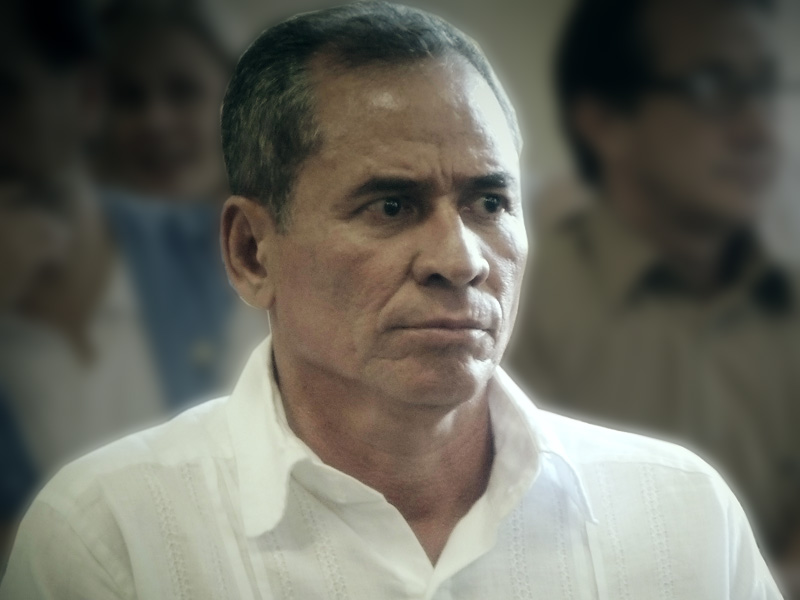Colombian human rights defender David Ravelo Crespo left prison on 20th June 2017. As reported by Peace Brigades International (PBI), Ravelo was detained and incarcerated on 14th September 2010, accused of being the intellectual author of the 1991 murder of David Núñez Cala, a civil servant from Barrancabermeja.
On 5th December 2012, the Specialised Criminal Court of Bucaramanga sentenced Ravelo to eighteen years in prison for aggravated homicide. After an appeal, the Supreme Court of Santander confirmed the sentence against Ravelo on 8th October 2013. After having exhausted all avenues in Colombia, in 2015 his lawyer decided to take the case to the Inter-American Court of Human Rights. This year the lawyer presented the case to the Special Jurisdiction for Peace, submitted it to the Amnesty, Pardon and Special Criminal Treatments Law (article 35) so that the case can be studied by the Review Section of the Peace Court, and meanwhile, Ravelo will be released as
an innocent person on parole.
“I am guilty because I speak out”, Ravelo has said on numerous occasions. He is convinced that with his incarceration “they look to silence a known leader that hasn´t allowed himself to be intimidated and couldn’t be co-opted by the establishment.”
Before his detention, Ravelo had to put up with a decade of death threats, accusations, and persecutions. His lawyers have reported several irregularities in the legal process, amongst them the particularly notable fact that the Public Prosecutor responsible for opening the case against David Ravelo, Mr. William Gildardo Pacheco Granados, who was a lieutenant in the National Police before being a Public Prosecutor, was investigated and dismissed in 1993 by the Prosecutors Office for supposed involvement in a forced disappearance in 1991. He was sentenced to a year in prison in 1993, for the illegal detention of the aforementioned individual, before the disappearance. However, Pacheco continued to work as a Public Prosecutor.
The accusation was based on the testimonies of paramilitary commanders Mario Jaimes Mejía, alias ´El Panadero´, and Fremio Sánchez, alias ´Comando Esteban´, whose crimes were denounced by Ravelo; the two had been previously sentenced for these allegations. According to the defense, the case was based only on three witnesses and did not take into account the thirty testimonies in favor of Ravelo. Over the years, UN Special Rapporteurs, and national and international organizations and networks have expressed concern over the prosecution of Ravelo and have asked for respect for due process, and have demanded his freedom


